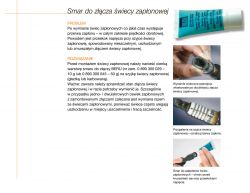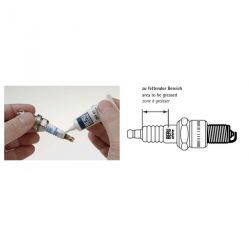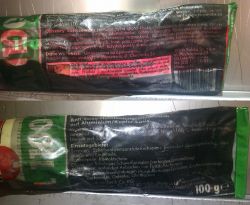Hello.
If I wrote in the wrong section, I apologize in advance and would like to be transferred. :)
Do you use any lubricant when screwing in the candles? does it make sense to use it? I heard somewhere else that I lubricate the tip of the candles with copper grease for better conductivity. What do you think?
If I wrote in the wrong section, I apologize in advance and would like to be transferred. :)
Do you use any lubricant when screwing in the candles? does it make sense to use it? I heard somewhere else that I lubricate the tip of the candles with copper grease for better conductivity. What do you think?





